Holocaust Horrors: A Survivor Shares His Story
May 5, 2016
The mammoth annihilations perpetrated against millions of innocent Jewish civilians throughout Adolf Hitler’s regime, which stemmed from anti-Semitic ideas that Hitler imposed is considered one of the vilest atrocities of all time. On April 29th in the Sanctuary Church in Marshfield, a small crowd gained a better understanding of the Holocaust, through the memories of Jewish survivor, Aron Greenfield.
Even before the most disturbing and tense moments of the Holocaust, the anti-Jewish prejudices became painfully evident to the then young Greenfield. Even now, at the age of eighty nine, the hostile nature he once endured continues to vividly replay itself in his mind.
When Greenfield was only fifteen years old he recalled that, “the first thing I remember is when my father went outside to get some food from a food cart. The Nazis were in the hall and without reason they shaved his beard off, and were having fun…beating him up… and he came home with no food except a bloody body.”
As a teenager in 1941, Greenfield and his other nine family members were forced out of their home in Szczakowa, Poland, and into the suffocating walls of a ghetto. The family had to live uncomfortably in tightly packed homes with six to seven other families.
As the process of selection began in 1942, Greenfield remembered his mother’s torment when she advised him to, “put on another layer of pants because you’re so skinny, [during selection], so you’ll be taken to another concentration camp and not Auschwitz.”
As the harmful and agonizing power of the Nazis culminated, the soldiers made it impossible for the Jewish prisoners to rebel or resist the horrors, and Jewish people deemed their situation as helpless. Greenfield elaborated on his suffering during the selection by divulging that, “people say to me, ‘why didn’t you fight back’? And I respond, what would you do if your sister is 5 years old and the Nazis say if you move one inch we will shoot you and your entire family?”
The pain and misery only heightened throughout his time in the nine different concentration camps he endured. One night, after awakening from the darkness’ loud silence, Greenfield recollected his terror when, “the little boys slept on each other’s stomachs like pillows. One morning I woke up and saw the boy sleeping on me dead from starvation. This was not uncommon.”
To avoid starvation on a diet of watery soup, Greenfield ingeniously found means for survival by sneaking in food from the kitchen. He reminisced that he stole food for he was, “so tired of living… I have nothing to lose. So when I was little, I snuck into the kitchen and stole some chicken and found potatoes and some bread…”
However, the dehumanizing effects of the concentration camp became demoralizing and the only concern was personal survival. Greenfield claimed that, “When someone died the first thing I did was take their shoes and clothes off. And this is how we lived.”
To close the discussion, Greenfield induced shivers throughout the audience when he cautioned that, “People use people all the time: sometimes it’s for good, and sometimes it’s for bad. Let’s say in this country, God forbid, it got taken over. Whether you’re a Jew, Protestant, Black, White, polka-dot, it doesn’t matter. It can happen to anyone. The most important thing you have to do is stay together.”



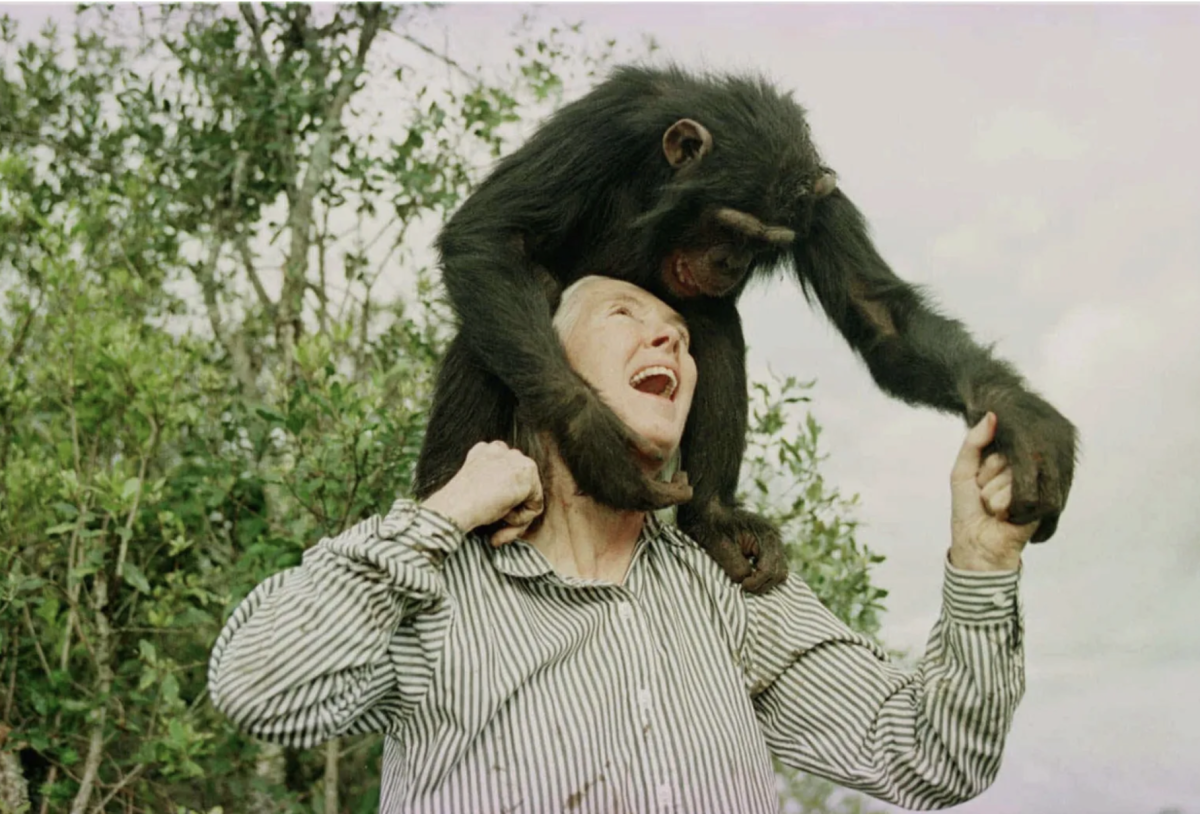


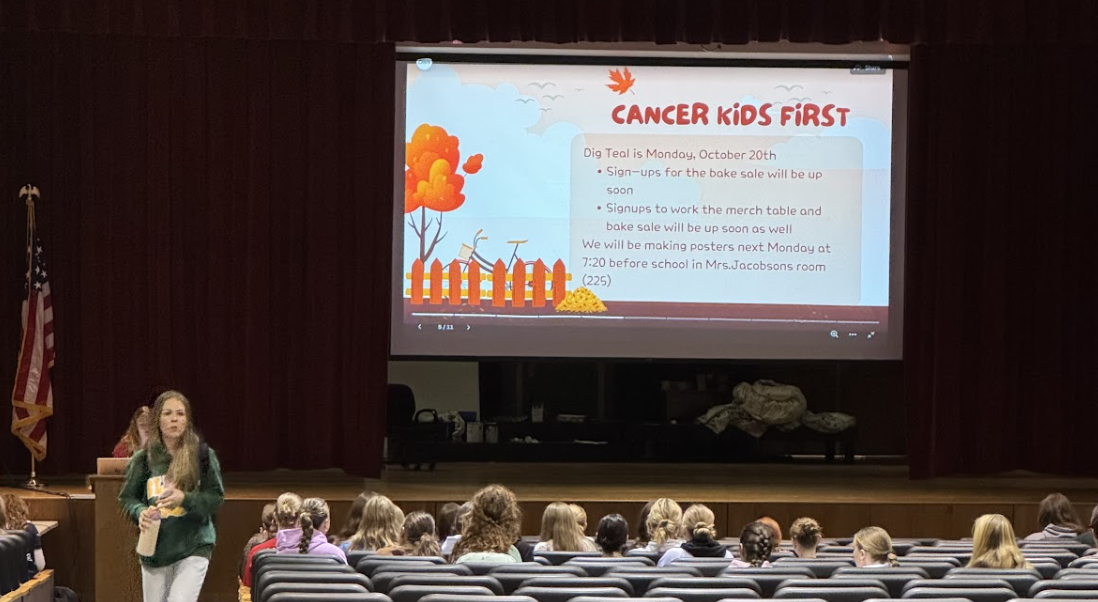
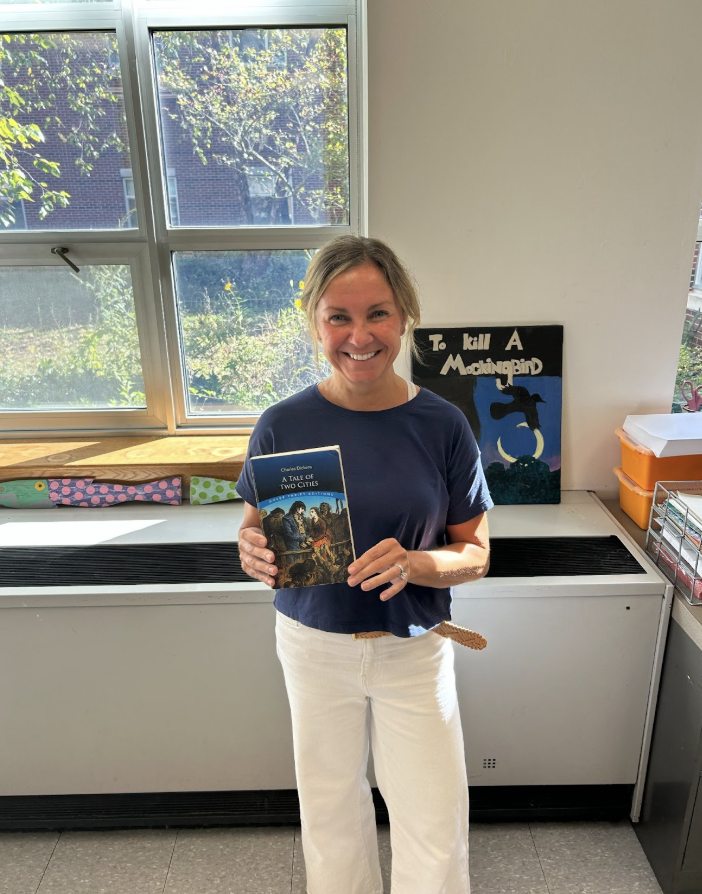

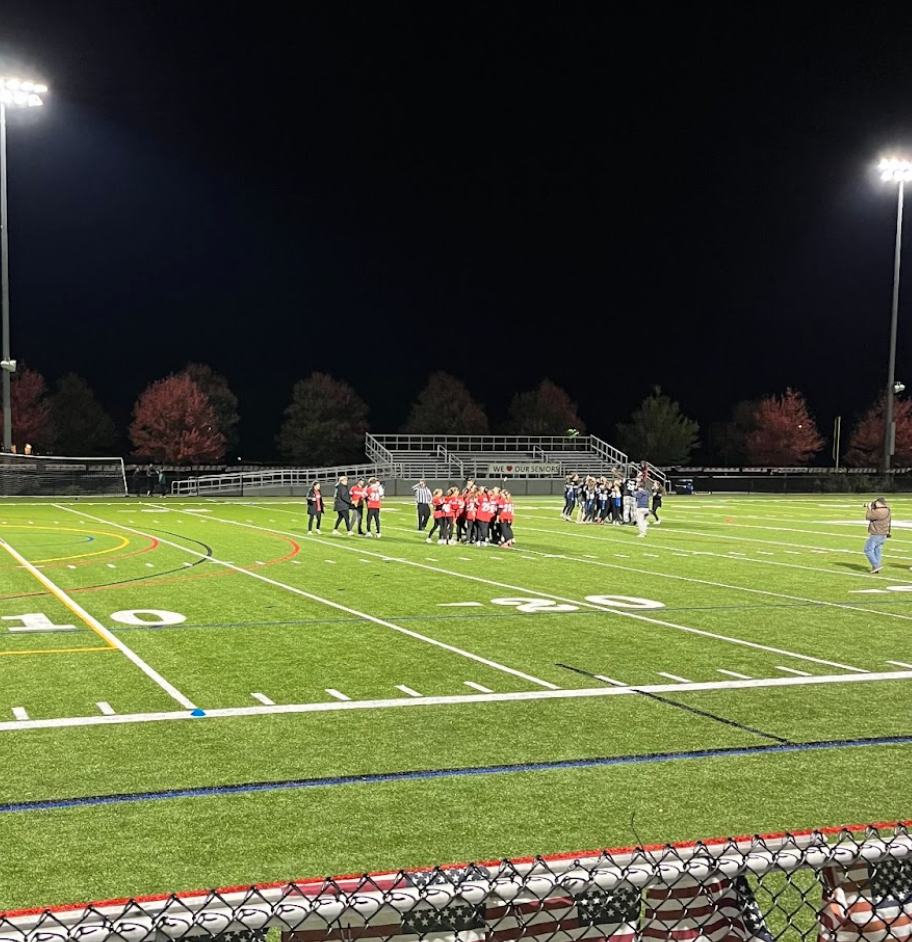


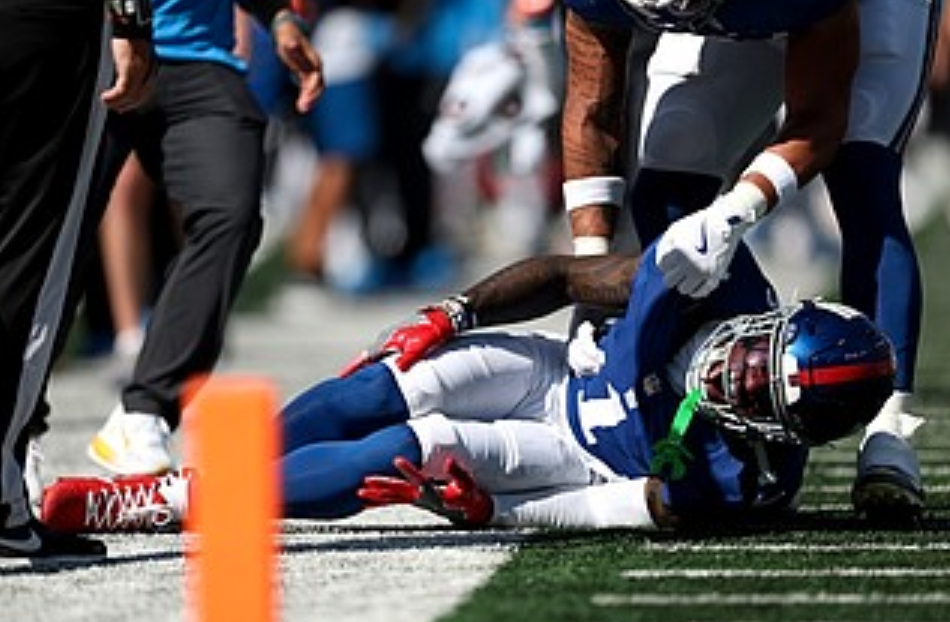
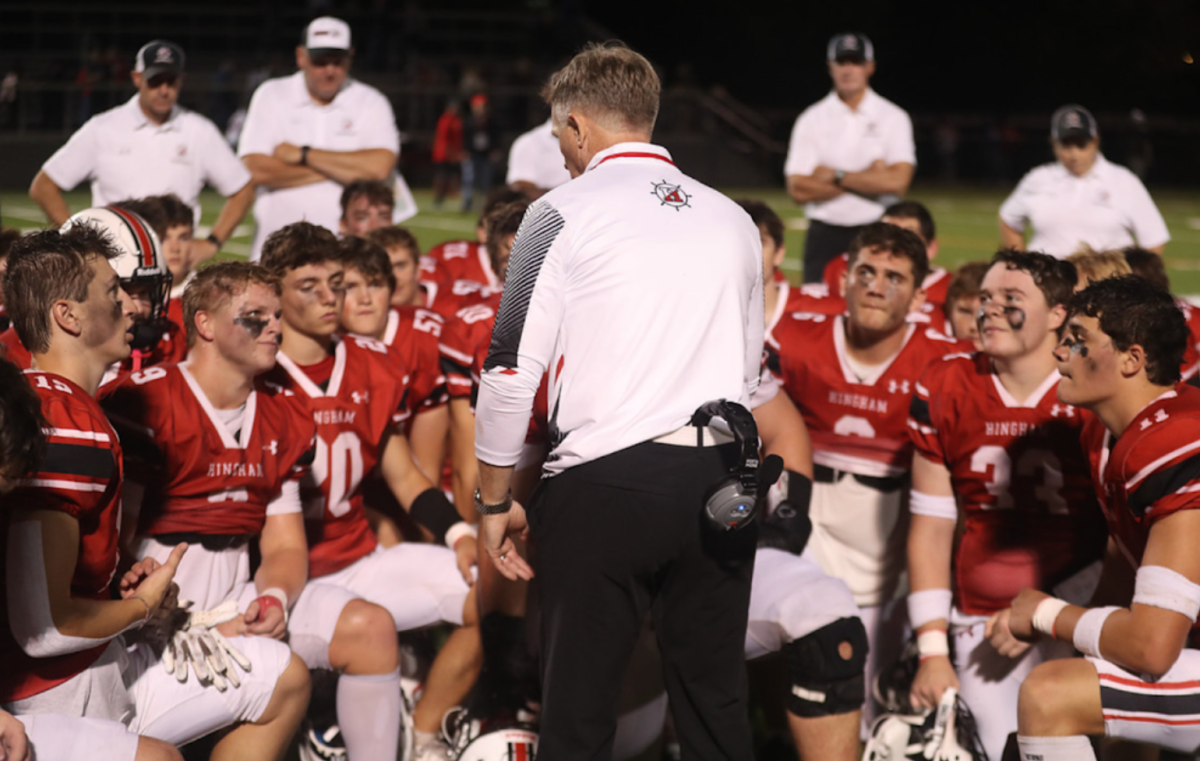


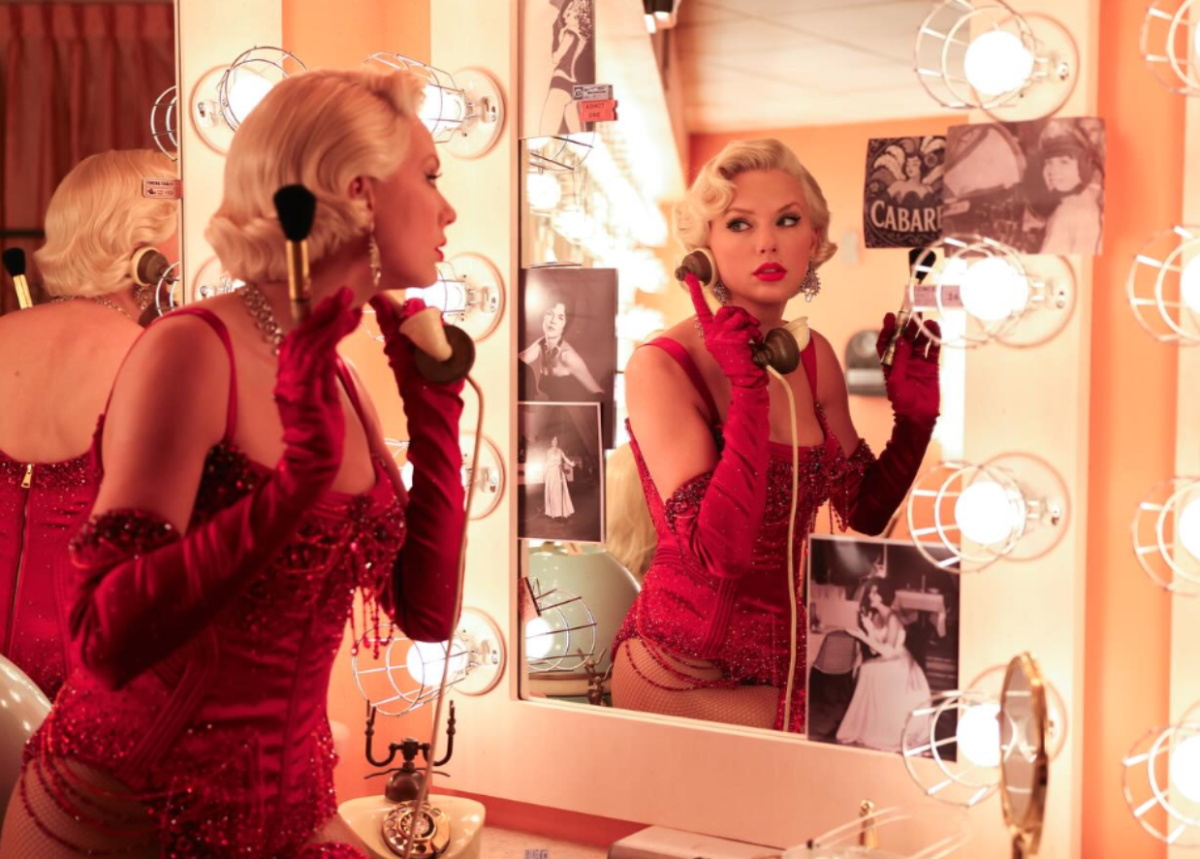


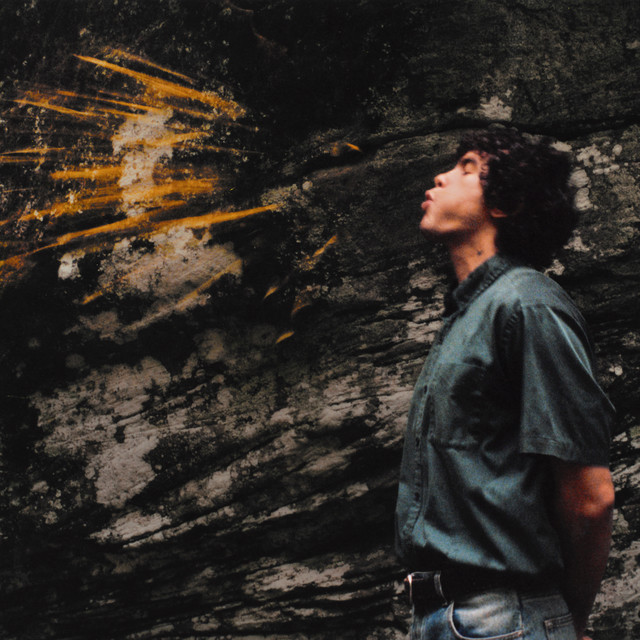

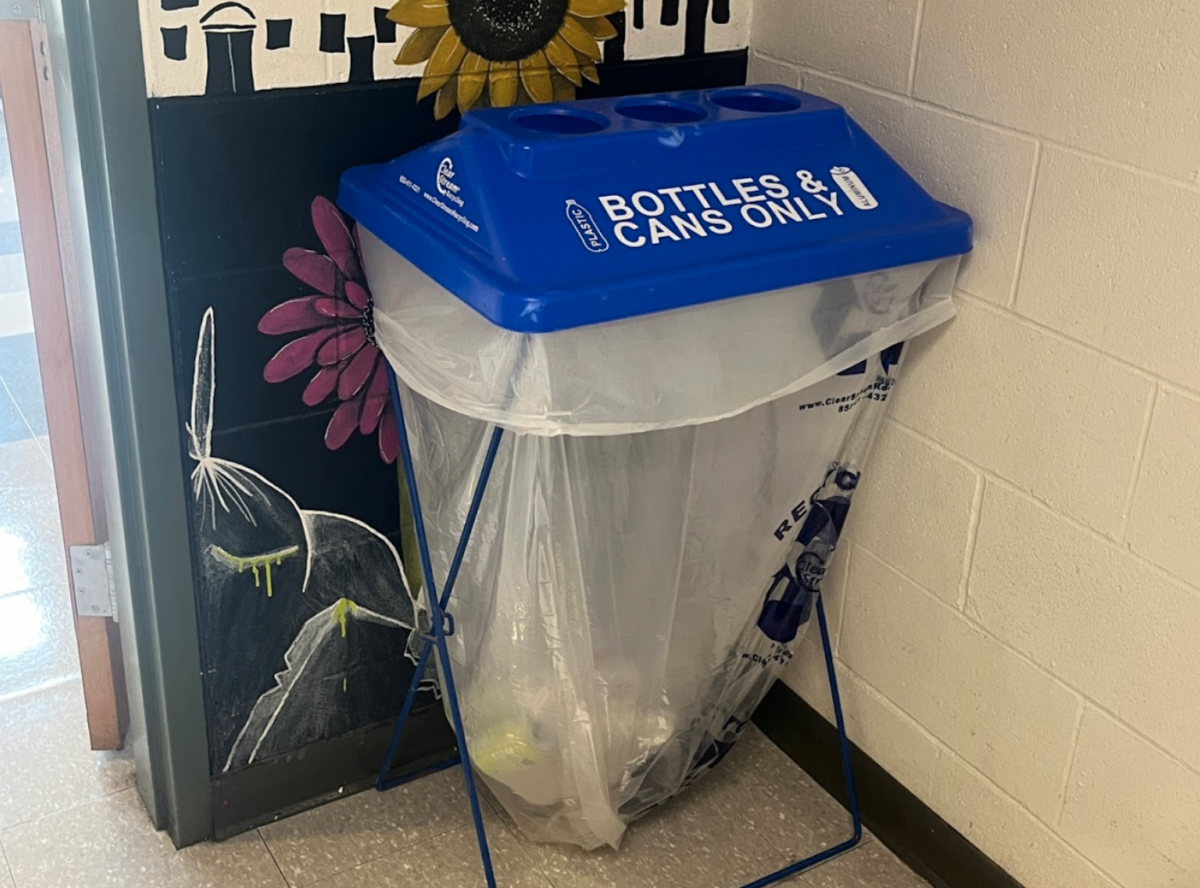
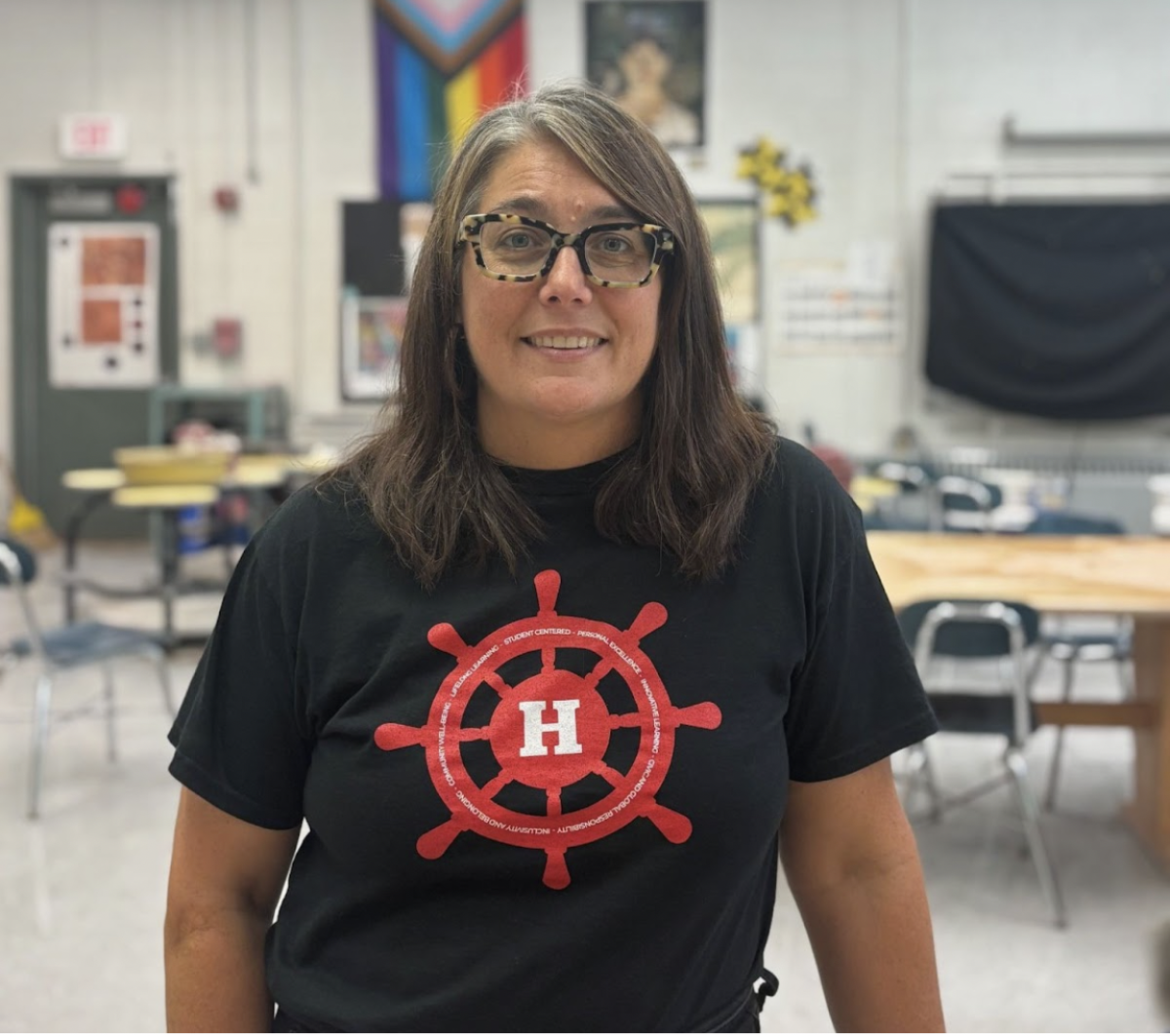






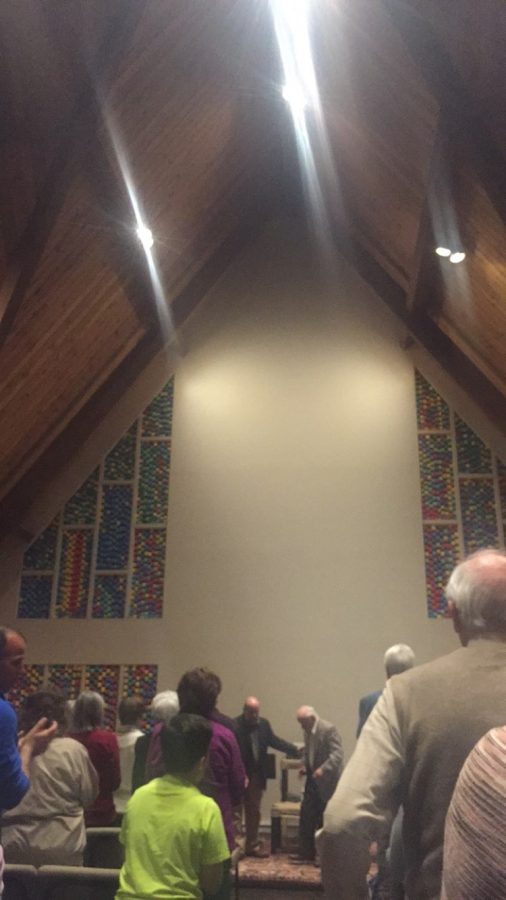



Joseph E. Hill • May 18, 2016 at 8:28 pm
I agree with Gabrielle Martin. Nora Hill captures the horror of Nazi Germany reporting on Aron Greenfield’s sad narration of his inhumane treatment of human beings. Reporter Hill is to be commended for writing this article, which illustrates how Nazis considered life to be cheap. Hill creates a spirit of empathy for Jewish people who experienced atrocities. Hill’s writing makes the reader feel he or she was there to witness man’s inhumanity to man. To Nora Hill I say, keep on writing, which seems to be a possible life career for you.
Gabrielle Martin • May 16, 2016 at 8:27 am
This sounds incredible. I wish I had the chance to attend. This is such a well-written article that captures Mr. Greenfield’s stories and the emotion behind those memories, as well as the memories these stories evoked, so well.